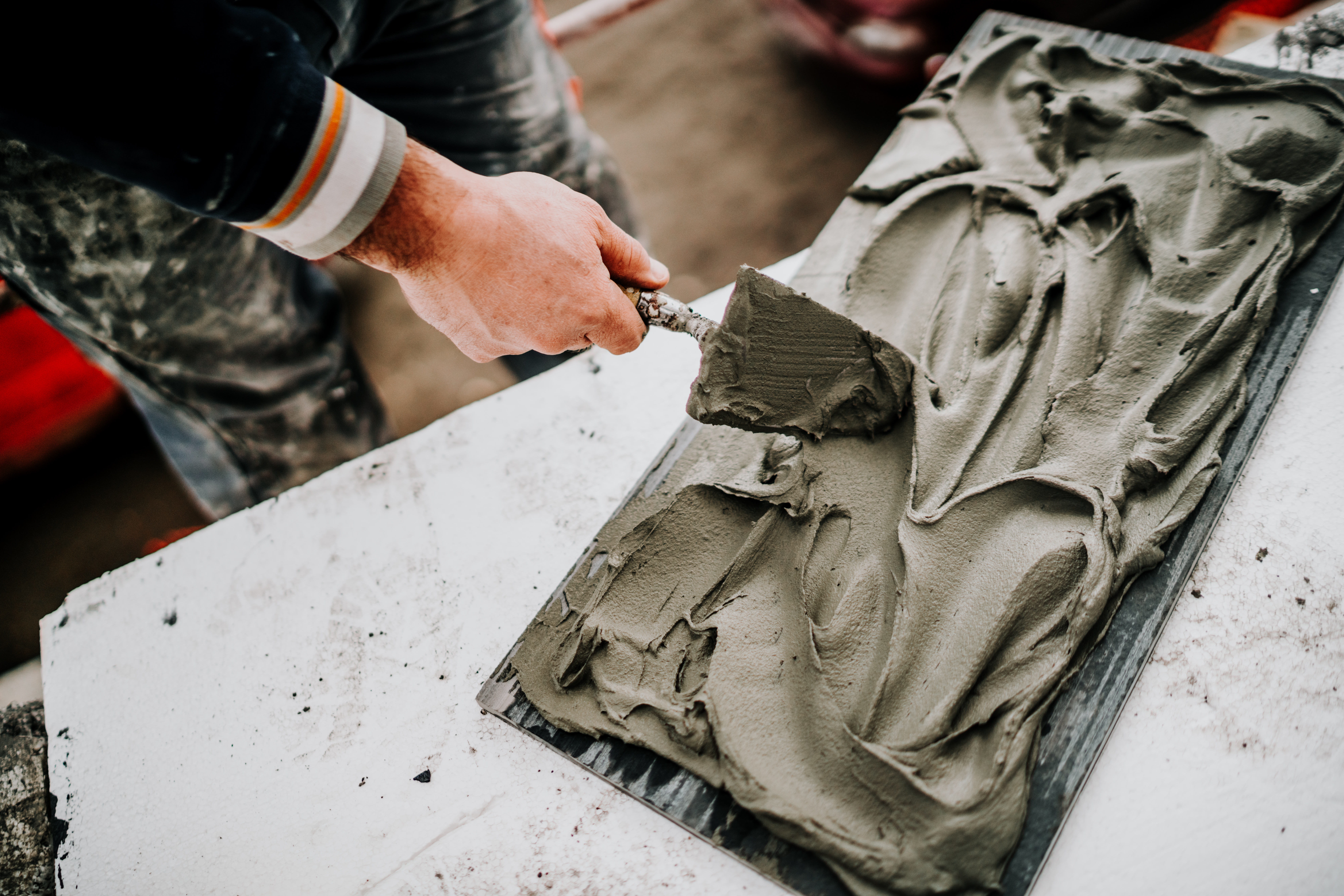
When looking for the best flooring, homeowners should be conscious of the various styles of flooring tiles, which differ from wall tiles in terms of materials and characteristics. Nowadays, homeowners choose to incorporate beauty into every aspect of their homes, including the flooring. When looking for a suitable form of flooring, tiles provide long-lasting elegance, versatility, and durability, as well as several other benefits over other flooring options.
They are simple to clean, have a longer lifetime than other flooring styles, and require no additional professional maintenance once installed. As a result, floor tiles are no longer restricted to 'wet areas' like bathrooms. People are using these finishes in a variety of other areas of their homes.
You've probably seen hundreds of examples of glamorously tiled powder rooms, lavatories, or master baths when looking for design inspiration and wondered why there are so many different tile looks and choices and which tile is the perfect match for your bath. Let's look at why tile is the best option for bathrooms and the various materials from which tile can be made.
Porcelain ceramic tile is a more refined version of clay ceramic tile. Porcelain tiles are more durable and sometimes more expensive than red clay ceramic tiles since they are made of a higher ratio of silica and quartz and baked or fired at a higher temperature. Porcelain tile is a chameleon because it comes in a wide range of colors and designs. Porcelain tiles may be glazed, carved, and texturized to look like hardwood planks, costly marble, or industrial bricks. Keep in mind that installing porcelain tile is more complicated than installing ceramic tile because porcelain is a more complex and denser material that necessitates the use of a specialty tool: a diamond blade wet saw.
Glass tiles with sparkles are a glamorous choice for a backsplash or shower tile. Glass tiles have the highest stain resistance of any tile, being impervious to red wine and acidic lemon juice. Glass tile has one disadvantage: it is relatively easy to chip and break if anything is dropped on it, so it is better used on a wall.
Ceramic tile is a versatile and standard option for tile in home improvement projects because it can be used in a wide range of applications. Ceramic is an excellent option for every space in your house, including the bathroom, kitchen, and front entrance, due to its affordability and durability. Compared to wood, carpet, or even vinyl plank flooring, glazed ceramic tile provides more stain and harm resistance.
Granite is another natural rock tile used in countertops and flooring because of its naturally appearing specks and flecks of color encased within. Granite is much smoother than marble, making it less susceptible to chips and cracks. Granite is an excellent option for wet areas or countertops because it is relatively waterproof and does not absorb moisture or stains. Granite is not a commodity for the budget-conscious or penny-pincher. It is typically found in more giant format slabs.
Marble is an elegant and bold choice, as it exudes a degree of sophistication and panache that is difficult to achieve with other materials. It is often considered one of the most expensive natural stone tile materials. Marble is deeply veined with natural mineral lines and is formed under intense heat and pressure, allowing it to withstand the heat and strains of everyday life. Marble tile, perhaps more than any other form of tile, can dramatically elevate a room. The natural stone has fantastic depth and contrast, with a spectacular variety of color veining. It comes in a wide range of colors, including green, gray, beige, white, black, and several others. Be sure to choose marble tiles or slabs that are free of flaws. When selecting marble tiles or slabs, look for any rough areas that may need additional sealing to prevent stains due to the stone's porous nature.
Travertine is a type of limestone formed by natural artesian springs, hot springs, and caves found worldwide. Travertine is a porous natural stone with pits and a rough texture caused by air bubbles and organic matter, which gives travertine tiles their various colors. Travertine was used to construct temples, bathrooms, statuaries, and theatres in Ancient Rome, and any trip to Italy can show you that travertine can withstand the test of time. Travertine is inherently slip-resistant, making it an ideal option for walkways, pool decks, bathrooms, and other applications where water is present.
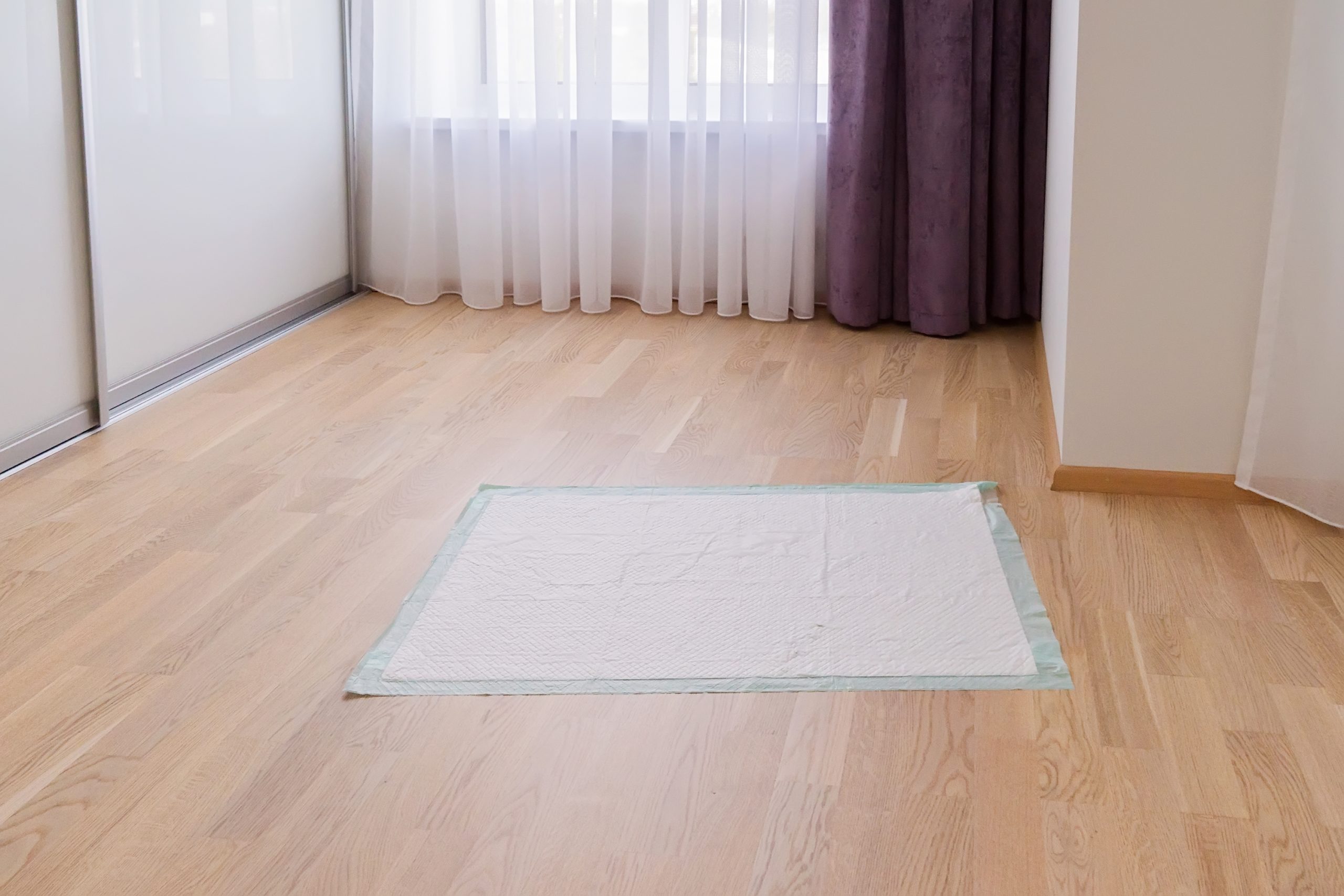
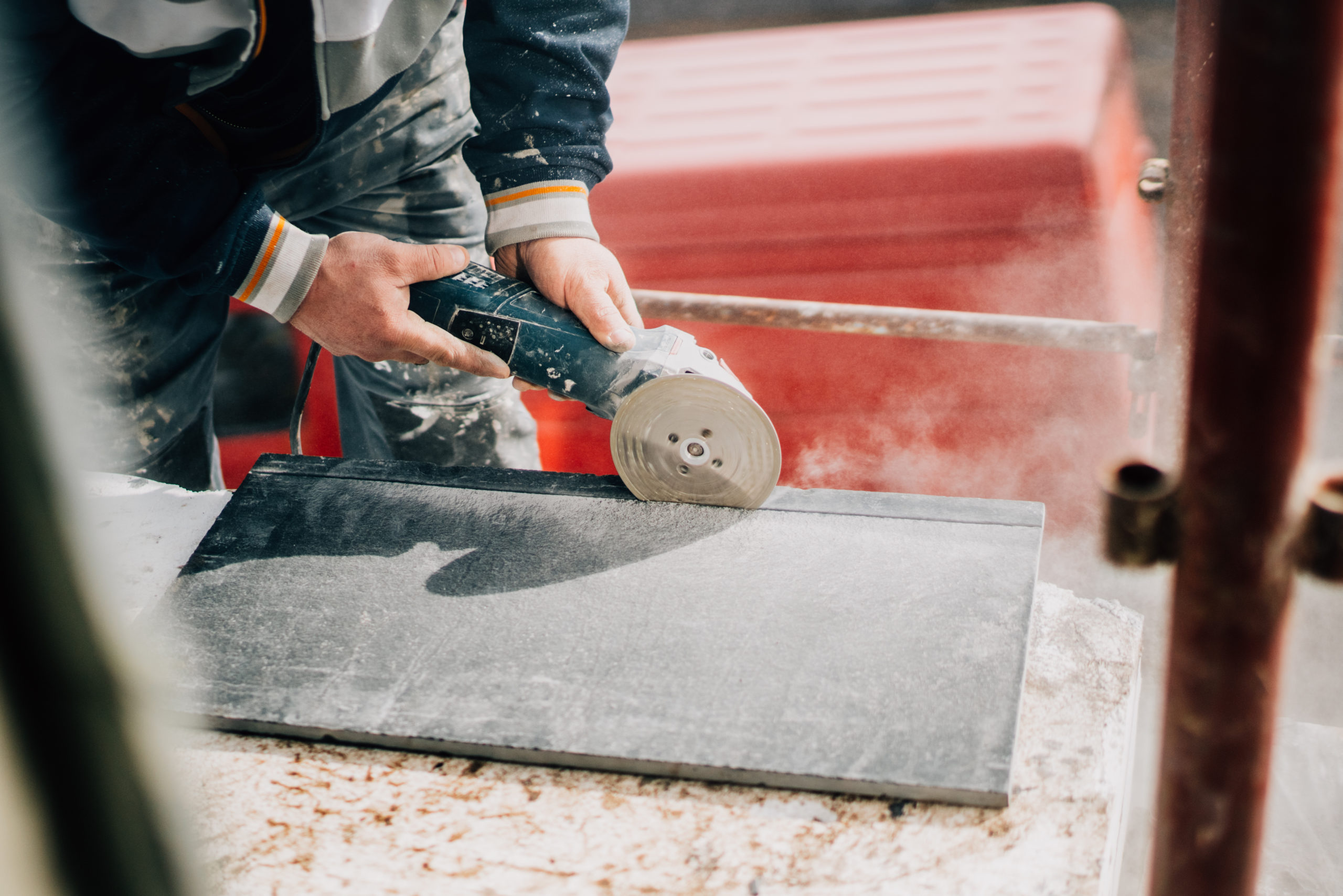

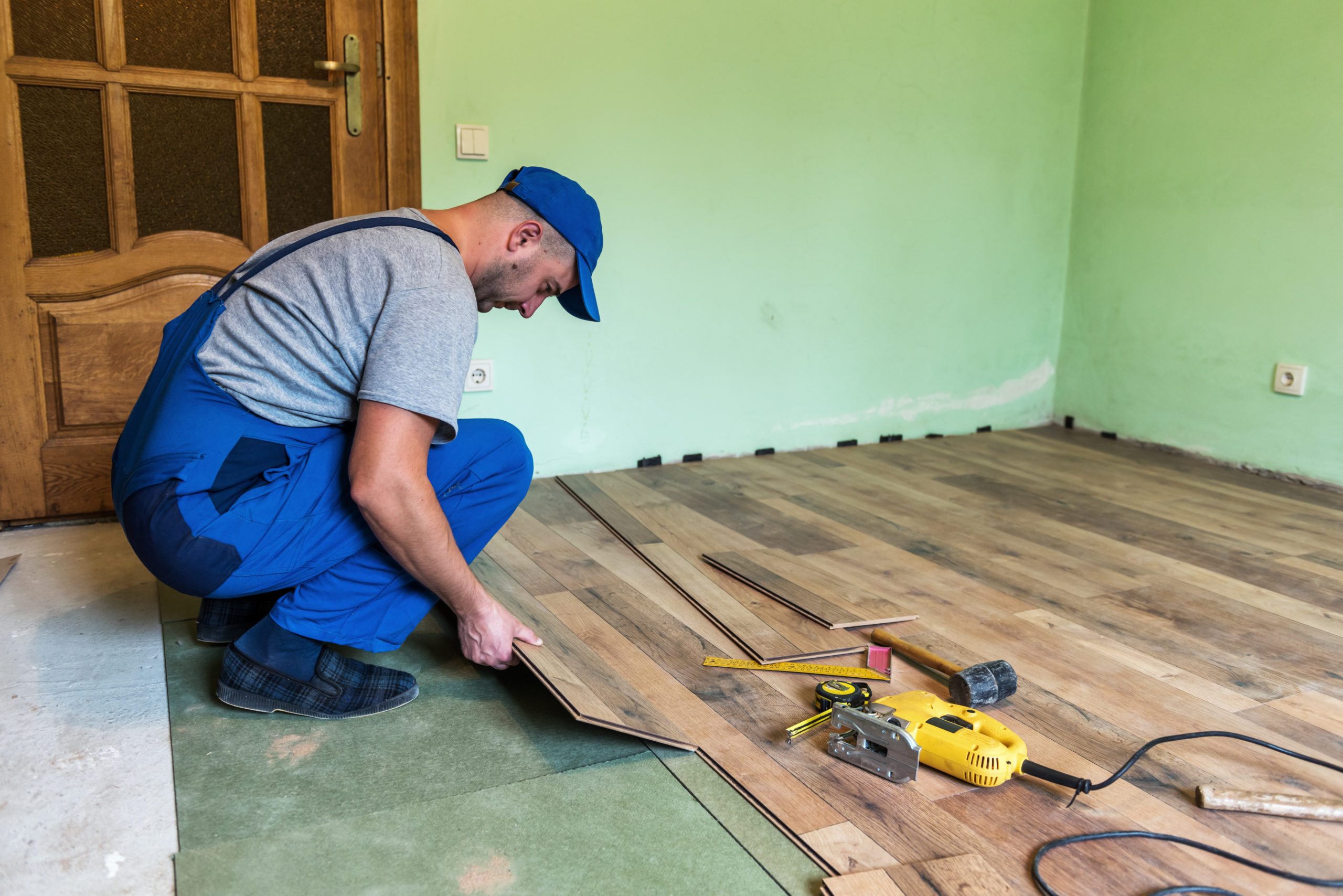
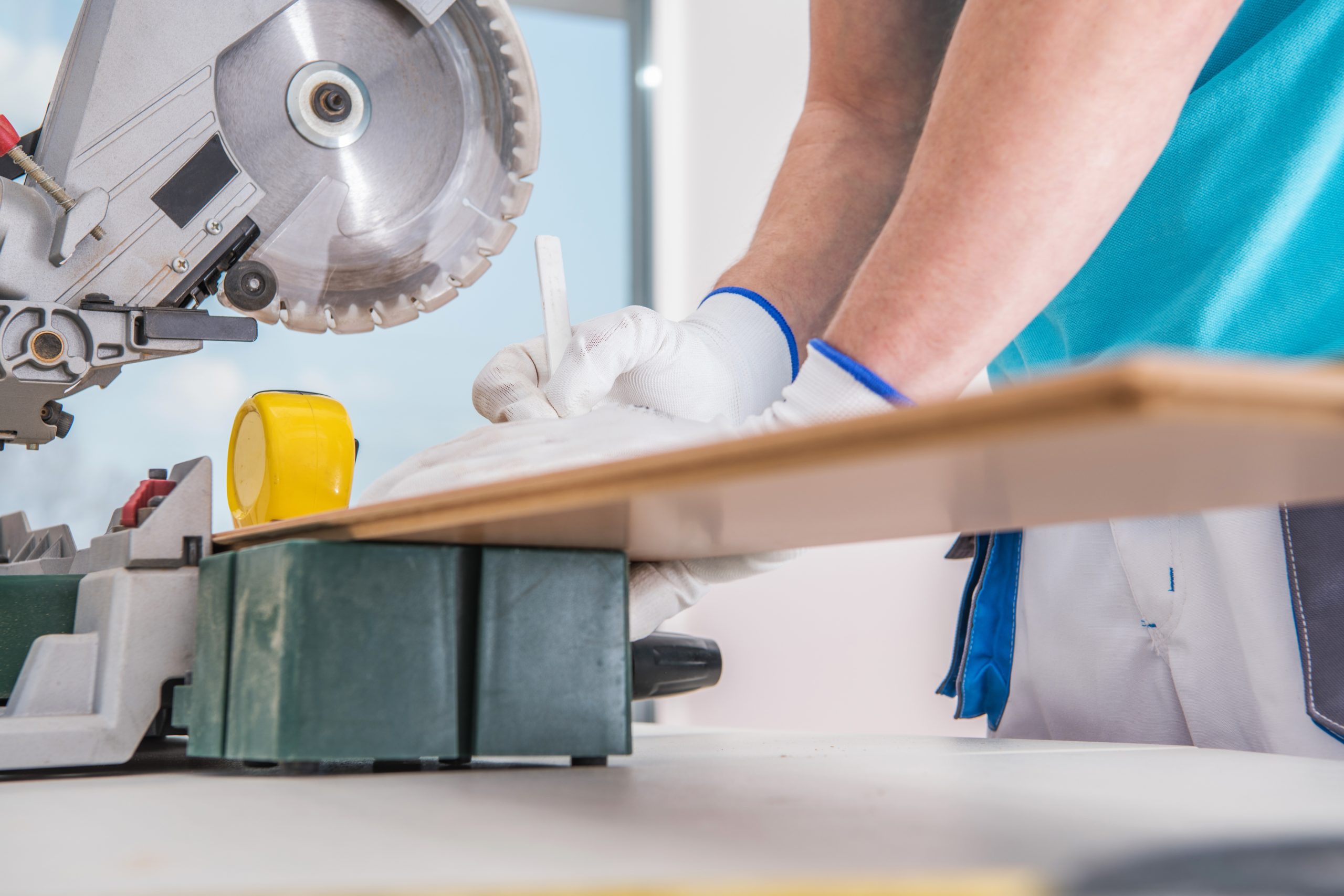
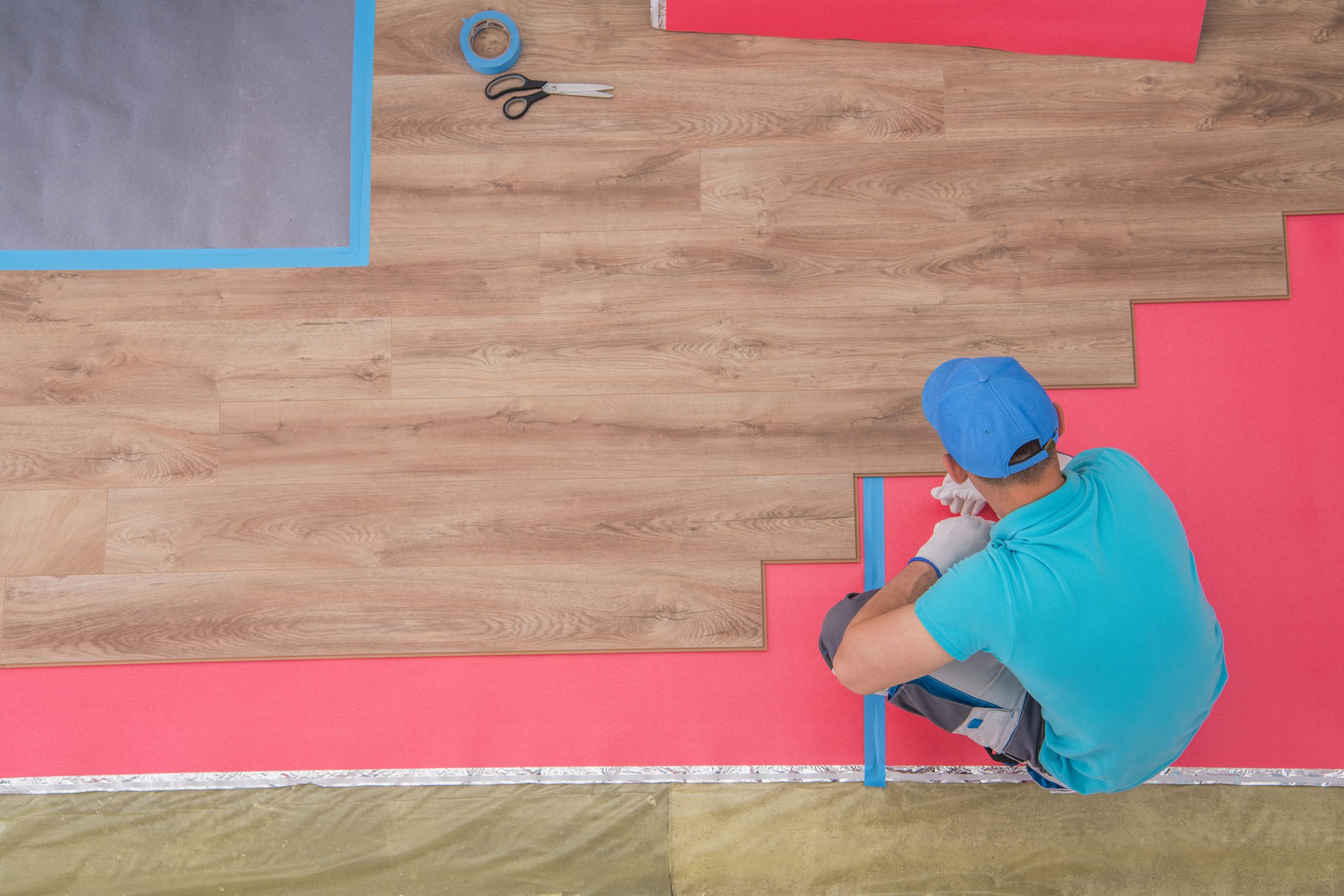


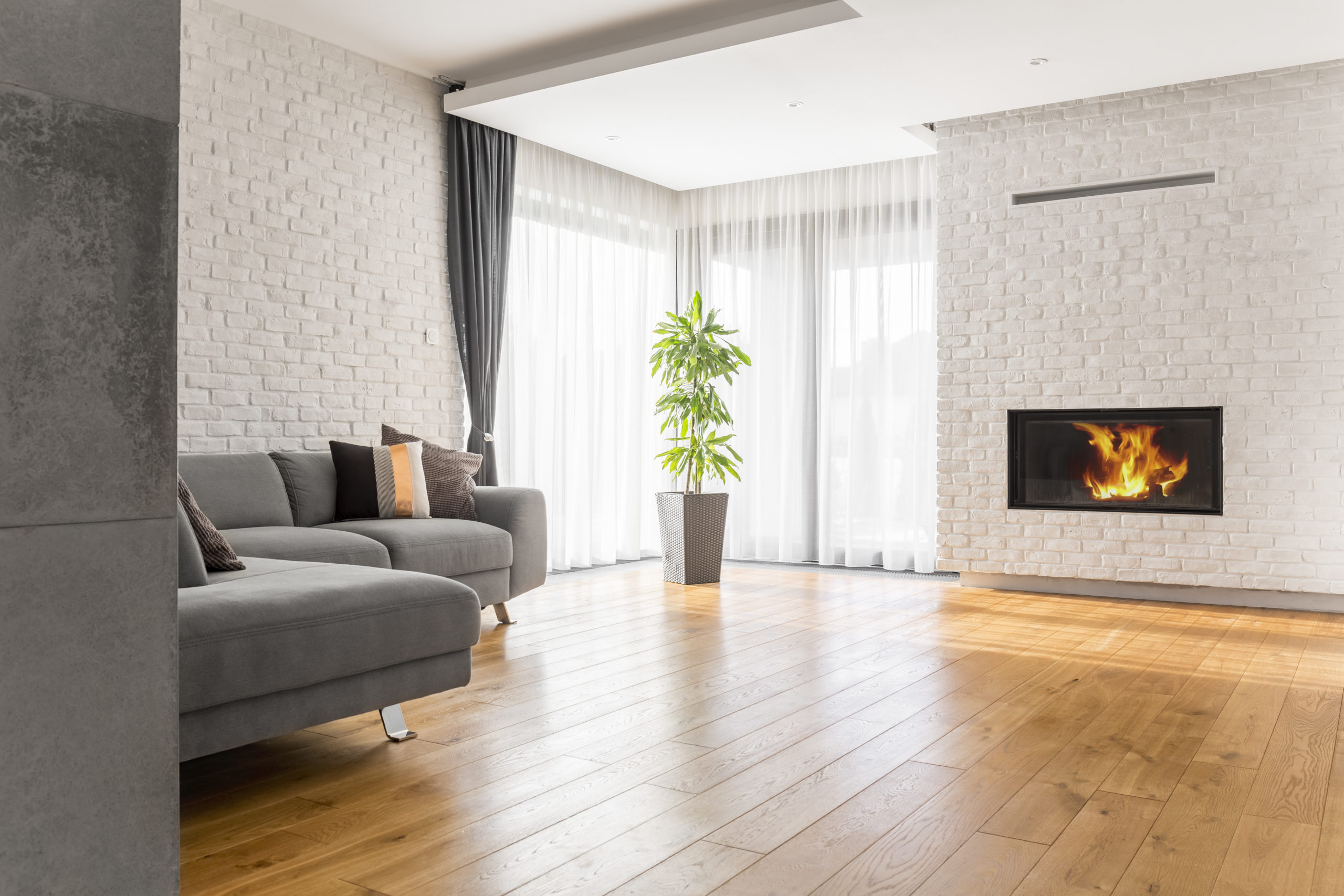
Charlotte Flooring Installation Genius
© Copyright 2020 -All Rights Reserved by BizBitz